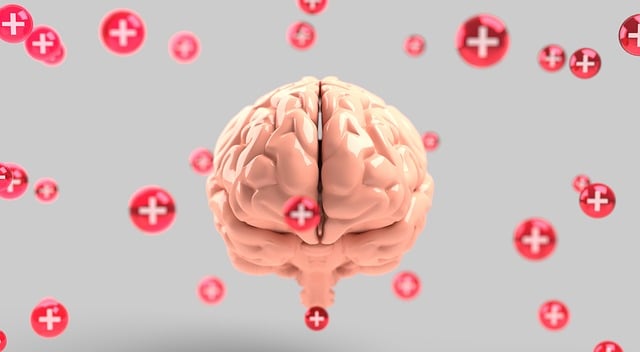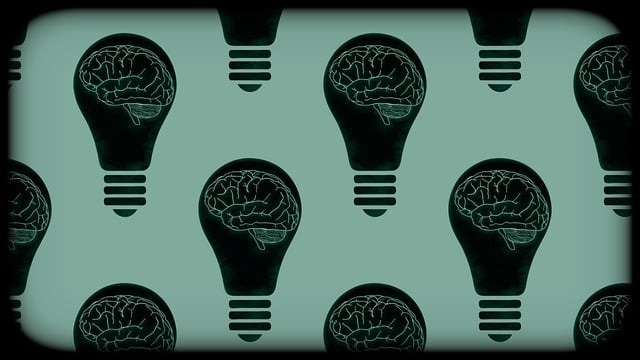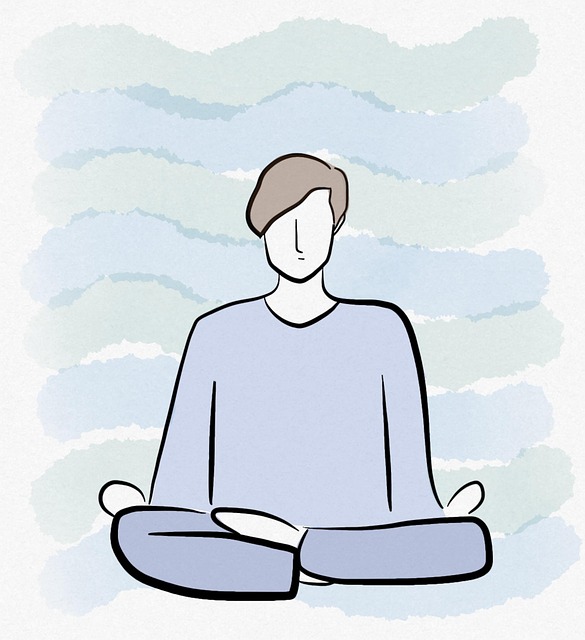In Lafayette, tailored group facilitation at Lafayette Young Adults Therapy significantly improves mental wellness for young adults seeking therapy. Through collaborative dialogue and open communication, facilitators guide sessions addressing anxiety, depression, and self-esteem. This supportive environment encourages emotional expression, builds coping strategies, and cultivates resilience, leading to transformative insights and community that benefit participants long after their sessions end. Interactive activities, social skills training, and active listening techniques enhance engagement, fostering an atmosphere of support and learning. The dual focus on emotional healing and positive thinking ensures tailored interventions and continuous improvement, empowering young adults during their therapeutic journeys.
Mental wellness group facilitation plays a pivotal role in supporting Lafayette young adults. This article explores effective techniques for facilitators, focusing on creating safe spaces, fostering open communication, and engaging participants through interactive activities. We delve into strategies for measuring individual growth while emphasizing the unique benefits of group therapy for this demographic. By understanding these approaches, therapists can enhance the mental wellness journeys of Lafayette’s young adults.
- Understanding the Role of Group Facilitation in Mental Wellness
- Creating a Safe and Supportive Environment for Lafayette Young Adults
- Effective Communication Strategies for Group Therapy Sessions
- Incorporating Interactive Activities to Enhance Engagement
- Measuring and Promoting Individual Growth within Group Settings
Understanding the Role of Group Facilitation in Mental Wellness

In the realm of mental wellness, group facilitation plays a pivotal role, especially when tailored for young adults like those seeking therapy in Lafayette. This collaborative approach offers a supportive environment where individuals can connect, share experiences, and learn from one another. Facilitators guide these groups, fostering open dialogue and encouraging active participation to address challenges related to anxiety relief, depression prevention, and self-esteem improvement.
Effective group facilitation techniques enable participants to gain new perspectives, build coping strategies, and enhance their overall well-being. By creating a safe space for expression, facilitators help young adults navigate complex emotions, develop social skills, and cultivate resilience. This collective experience can be transformative, offering valuable insights and a sense of community that extends beyond the group setting, positively impacting participants’ lives and contributing to their long-term mental wellness.
Creating a Safe and Supportive Environment for Lafayette Young Adults

Creating a safe and supportive environment is paramount when facilitating mental wellness groups for Lafayette young adults. This involves cultivating a space where individuals feel seen, heard, and accepted without judgment. Facilitators should encourage active participation by normalizing emotional expression and fostering open communication. Techniques such as active listening, reflective statements, and group consensus-building rules help to build trust and promote a sense of community.
By prioritizing a non-threatening atmosphere, facilitators enable members to explore their mental health challenges, share coping strategies, and learn from one another’s experiences. This collective approach not only enhances social support but also empowers Lafayette young adults with valuable tools for burnout prevention, positive thinking, and stress management—essential elements for navigating the complexities of modern life.
Effective Communication Strategies for Group Therapy Sessions

In group therapy sessions at Lafayette Young Adults Therapy, facilitators play a pivotal role in fostering open and honest communication. Effective communication strategies are essential for creating a safe and supportive environment where participants feel comfortable sharing their experiences and emotions. Facilitators should encourage active listening among members, ensuring everyone has an opportunity to speak and be heard without interruption. This not only promotes a sense of community but also enhances the therapeutic process, as it allows for deeper understanding and empathy among group members.
Additionally, facilitators can employ techniques such as reflective listening, where they paraphrase or summarize what an individual has said, demonstrating active engagement and validation. This approach encourages participants to explore their thoughts and feelings more deeply. Moreover, incorporating interactive activities, like role-playing scenarios or group discussions on specific topics related to trauma support services or stress management, can boost participation and facilitate the exchange of valuable insights. Social skills training is another aspect that contributes to a productive group dynamic, enabling members to learn from one another’s experiences and develop healthier communication patterns.
Incorporating Interactive Activities to Enhance Engagement

Incorporating interactive activities within mental wellness group sessions at Lafayette Young Adults Therapy can significantly enhance engagement and foster a supportive environment. These activities move beyond traditional talk therapy, allowing participants to actively participate and apply concepts in real-time. For instance, exercises focused on compassion cultivation practices encourage peers to connect and support each other, thereby building emotional intelligence and strengthening interpersonal relationships.
Through interactive sessions, individuals engage in tasks that promote self-esteem improvement, problem-solving skills, and emotional awareness. Techniques such as role-playing scenarios or group discussions facilitate active participation, making therapy more dynamic and impactful. This approach caters to diverse learning styles, ensuring every member of the group feels involved and empowered during their therapeutic journey.
Measuring and Promoting Individual Growth within Group Settings

In group therapy settings, facilitating individual growth requires a balanced approach that respects each member’s unique journey. Measuring progress involves assessing both emotional healing processes and improvements in positive thinking. Skilled facilitators at Lafayette Young Adults Therapy encourage open communication to track personal milestones while fostering an environment conducive to emotional regulation. This dual focus allows for targeted interventions, ensuring every participant experiences growth tailored to their needs.
Through regular evaluations and group discussions, facilitators can identify specific areas of progress and challenges. This real-time feedback loop enables them to adjust techniques, promote deeper connections among members, and enhance the overall therapeutic experience. By nurturing a safe space where emotional expression is encouraged and positive thinking is reinforced, Lafayette Young Adults Therapy aims to empower individuals to thrive in their personal growth journeys.
Group facilitation plays a pivotal role in enhancing mental wellness, especially for Lafayette young adults. By creating safe spaces, employing effective communication strategies, incorporating interactive activities, and meticulously measuring individual growth, therapists can revolutionize therapy sessions and foster profound transformations. These techniques not only empower individuals but also create a supportive network that encourages open dialogue and personal development. Incorporating these practices into Lafayette Young Adults Therapy can significantly improve outcomes and enrich the therapeutic experience.











